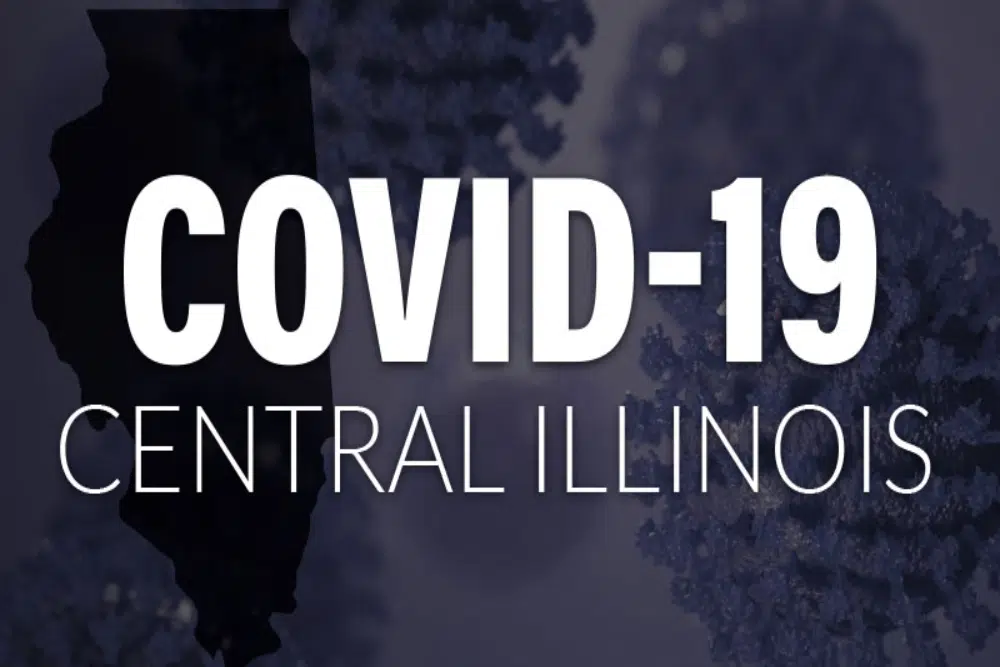PEORIA, Ill. – Medical experts are reflecting on what was learned from the COVID-19 pandemic, three years after it began, and as the public health emergency phase of the pandemic comes to an end.
Doctor Doug Kasper with OSF HealthCare and the University of Illinois College of Medicine says the pandemic caused a system to be put in place for future pandemic responses in a number of areas.
“The hope is those systems have been refined,” said Kasper. “There’s less delay with rolling out testing. There’s less delay with access to care, and there are new ways to achieve vaccine or therapeutics if there was something that paralleled COVID that were ever to develop in the future.”
Kasper says there were marked differences in response before a vaccine was developed, and after.
“During the time that no COVID-19 vaccine was available, the whole population was at risk of contracting COVID,” said Kasper. “There was no banked natural immunity. People had not had infection yet. We saw much different outcomes in that period. People of all ages became ill, people of all ages were in the hospital, and it was much more difficult to predict who would become sick.”
Kasper says the vaccine helped achieve natural immunity, and in turn have provided long-lasting protection. Kasper also thinks doctors, over the three years, have been able to refine their approach to therapeutic treatments.
The approach to therapeutics has changed as well, says Kasper.
“We know which people are at-risk of becoming quite ill, and when they become ill we know how to treat them. We’ve seen much better responses,” Dr. Kasper says. “Now we’ve had consistently low COVID hospitalizations for around six months within our region.”
Kasper said now, the response to COVID must become more “individualized” — in other words, it’s up to you to determine if you need a vaccine or a booster, based on things like age, chronic medical conditions, potential travel, or other things.







Comments